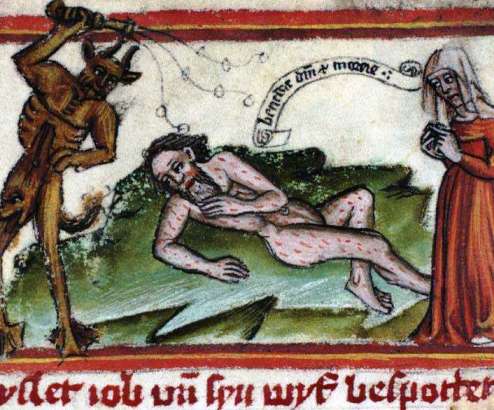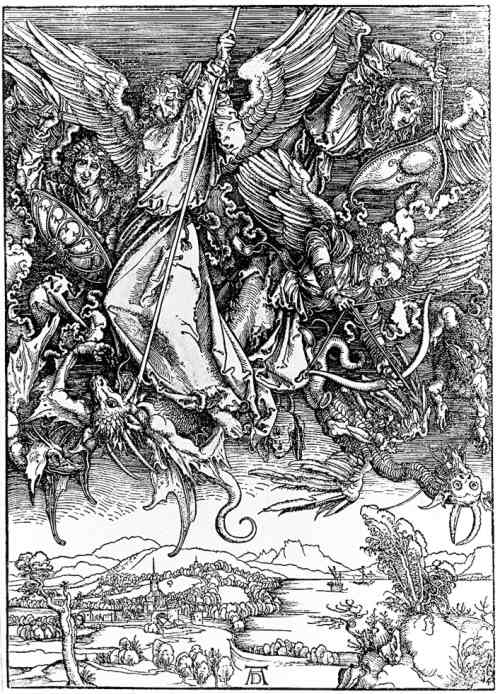For the first three years of Muhammad’s prophethood, he
spoke out only to family and close friends. Many of the messages Muhammad received
from Jibreel at this point were personal and dealt with his own submission to
Allah. During this time, Muhammad was
taught a prayer ritual which became the standard prayer for every Muslim, the
only difference being that Muhammad faced toward Jerusalem originally. The method of his prophethood was primarily
the recitation (which is the literal meaning of Qu’ran) of the messages
Muhammad received from Allah.
Soon
the numbers of the new religion began to grow to such a degree that the Quraysh
tribe could no longer ignore it. At
first they called Muhammad a madman, or their local crazed poet. But when Muhammad began declaring his message
openly on the streets of Mecca ,
they knew that something had to be done about him. For they knew that Muhammad boldly proclaimed
his message of the one God, Allah, and they were afraid that Muhammad’s message
might threaten their economic livelihood by hindering the pilgrimage, a pagan
practice. So to take a common stand
against Muhammad, the leaders of the Quraysh agreed that they would name
Muhammad a sorcerer, in an attempt to discredit him.
The
Quraysh would often dispute Muhammad openly.
At one point, one of the members of the tribe opposing Muhammad said, “I
will never believe in you—not until you take a ladder and I see you climb it up
to heaven, and until you bring four angels to testify that you are what you
claim to be. And even then I think I
would not believe you.” The majority of
Quraysh agreed with this sentiment.
However, the revelation of Allah replied to them, “Waxed proud they have
within them, and become greatly disdainful.
Upoon the day that they see the angels, no good tidings that day for the
sinners….” (Sura 25:21,22).
Despite
the efforts of the Quraysh, Muhammad gained more followers. Yet as the number of Muslims (which means in
Arabic, “submitted ones”) grew, so did the hostility. The Quraysh leaders desired to test Muhammad,
so they asked some Jews of Yathrib for questions in order to do this. Three questions were asked Muhammad, and a
recitation was given in response giving the correct answers (see Sura 18). Later the hostility turned to physical
persecution against the Muslims. Some
Muslims were beaten for praying in open places.
Other Muslims who were slaves were beaten and threatened with their
lives unless they renounced their submission to Allah. But Muhammad was never threatened personally
because one of his relatives, a leader in the Quyrash, was his protector
although he was not himself a Muslim.
Muhammad’s
early preaching consisted of sermons against polytheism and concerning the
future events of resurrection and judgement.
“And
of His signs
are the
night and the day, the sun and the moon.
Bow not
yourselves to the sun and the moon,
But bow
yourselves to God who creaed them
If
Him you serve.” (Sura 41:37)
A year
after Muhammad’s wife Khadijah, died (619 AD), Muhammad received a vision. He dreamed that he travelled to Jerusalem in one night
and from there he ascended into heaven where he saw Allah and many prophets. Tradition states that when before Allah, he
received the word that Muslims were supposed to pray fifty times a day. On leaving Allah’s chamber, Moses asked
Muhammad how many times he was to pray daily.
On learning this, Moses sent Muhammad back to Allah again and again to
reduce the amount. Moses continued to
send Muhammad back until it was reduced to five times daily and even then he
would have sent Muhammad back. But Muhammad
said, “I have returned unto my Lord and asked him until I am ashamed. I will not go again.” The announcement of the vision only increased
the hostility of the Quraysh against the Muslims.
Soon
after this, Muhammad’s protector died.
At this point Muhammad began receiving serious threats against his
life. Knowing that these threats would
soon turn into attempts, Muhammad decided that he would have to soon leave his
beloved city. Yet he had no place where
he could go.







